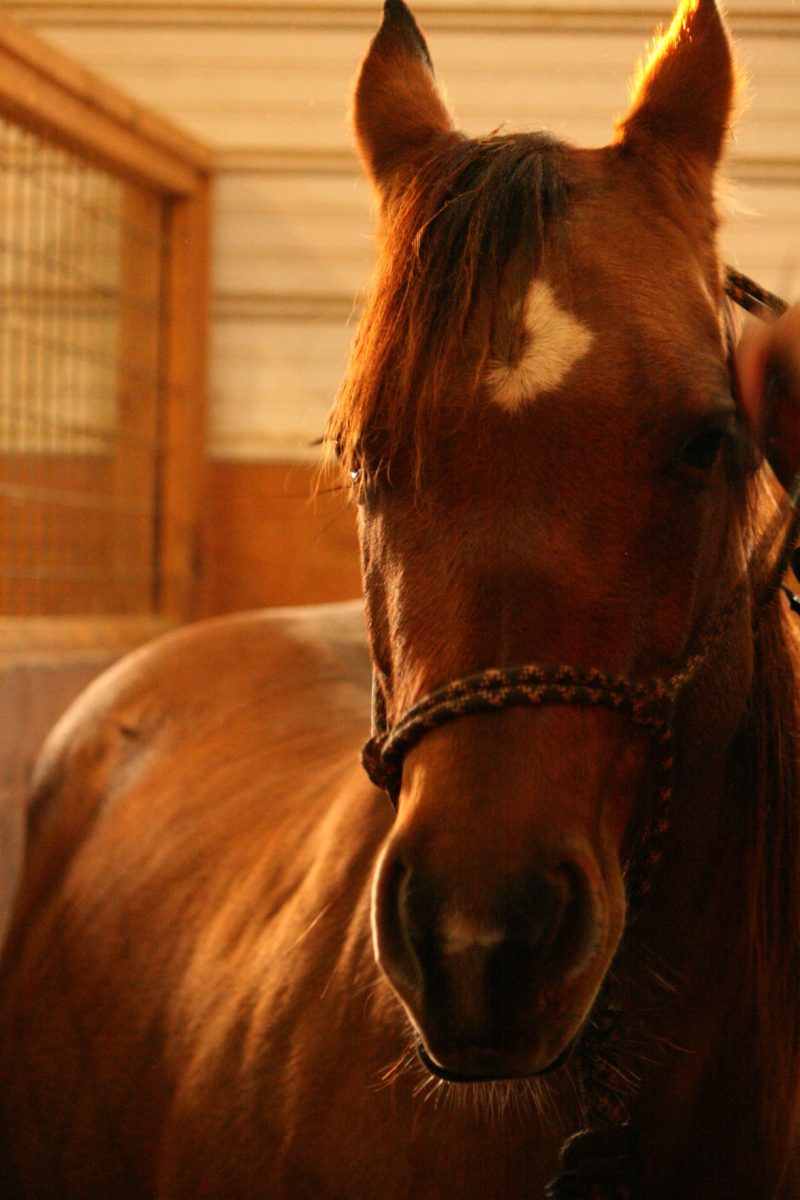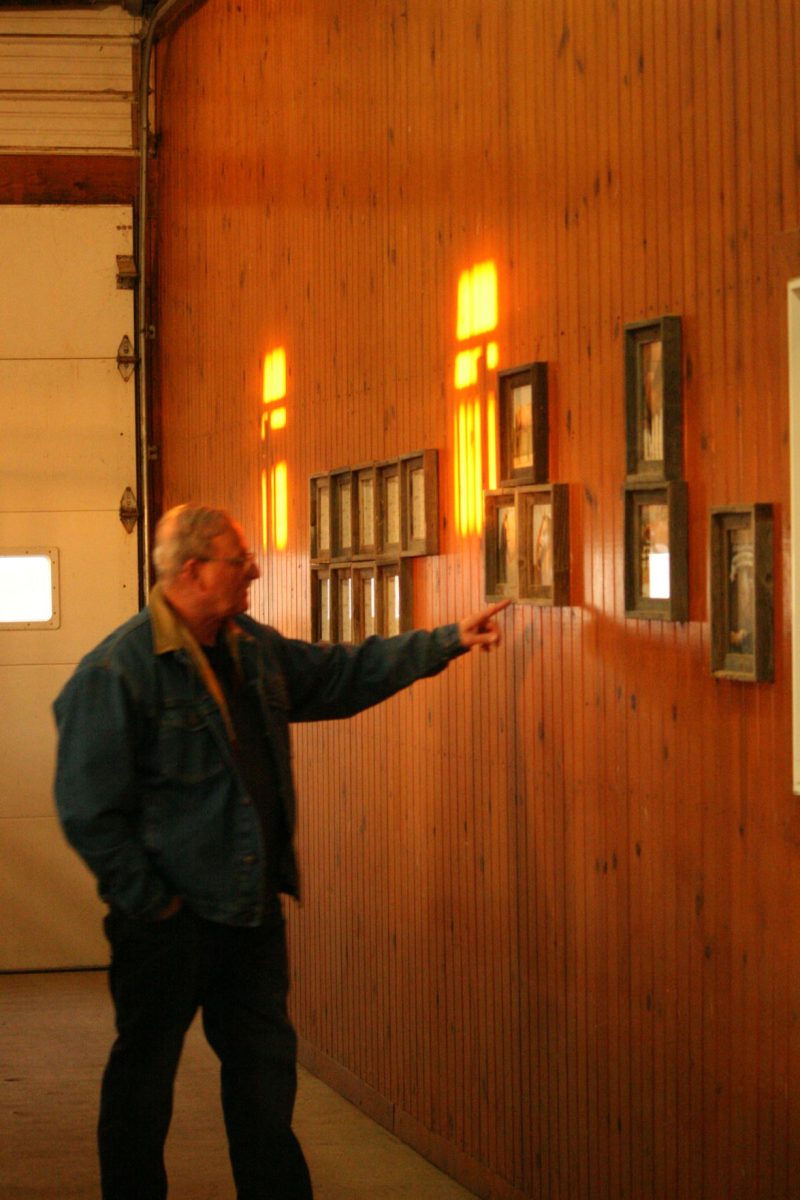While society finds it socially acceptable to speak poorly of privilege and wealth and engage in talk of how equitable we can make each and every situation, real people in every sector of life continue to engage in pursuing their life’s passions through hobbies.
Contrary to popular opinion, and most people won’t admit this publicly, money is not the main deciding factor in the pursuit of activities that give meaning and purpose to their lives.
The innate desire to demonstrate our unique abilities and skills productively leads to establishing priorities and personal goal setting.
The champion athlete, who endures early morning or late evening practices that must be traveled to at some distance to train with the best coaches or best facilities they can afford, is willing to put the future before other luxuries that others might see as living a normal life.
If this athlete were to cave to peer pressure (real or perceived), most likely their athletic performance would deteriorate to the point where their dream would be lost, all for a compromise of priorities and a dissociation of behaviors with set goals and disciplined protocols.
Any for-profit business manager would tell you this would not be a way in which to increase the bottom line, so why would it be for an individual?
So regardless of what is going on around us, we must pursue our dreams. We must set our own goals, and prioritize our hobbies if our life is to be our own.
In light of this, we take a look at the breeding of the American Quarter Horse by local resident and financial advisor Kevin Castle.
As a financial advisor, Castle knows investments are just that —investments. Money and time will be required. Time and patience will be tried. Expectations will be both dashed and exceeded.
It is in this vein of thought that Castle embarked upon a journey of honing the specific craft of a reining horse nurturer.
A custom barn with an indoor exercise corral is just one of the visible signs that show Castle’s care and commitment to his hobby; the joy on his face when discussing the horses would be another.
The facilities allow the carefully bred horses to grow and mature even in the extremes that can sometimes characterize Eastern Iowa weather.
Later on, after showing their abilities between the ages of two and three years, the horses are sent to qualified reining trainers to hone their skills until they can compete between the ages of four and six years.
Castle considers the horses part of his family. His compassion for the American Quarter Horse, and the enhanced genetic signatures of high-level breeding, has erased several of the genetic defects that had once plagued the breed.
If not employed in the competition rings of horse racing, jumps and dressage, barrel racing, reining or cutting, then these quality horses are owned by many for the pure enjoyment of companionship, care and riding.
Although Castle Quarter Horses does not offer therapeutic riding for those with disabilities, Miracles in Motion located in Swisher, does.
As the new year begins, take a look at the ranching skills sported in the international world of reining. Notice the elegance, discipline and finesse required of these fine animals, many of whom, as Castle can attest, perform the required reining moves instinctively from their first steps.
“It’s a wonderful thing to see these animals do what they were born to do,” summarized Castle.
Kevin Castle shares stories about his champion horses.


